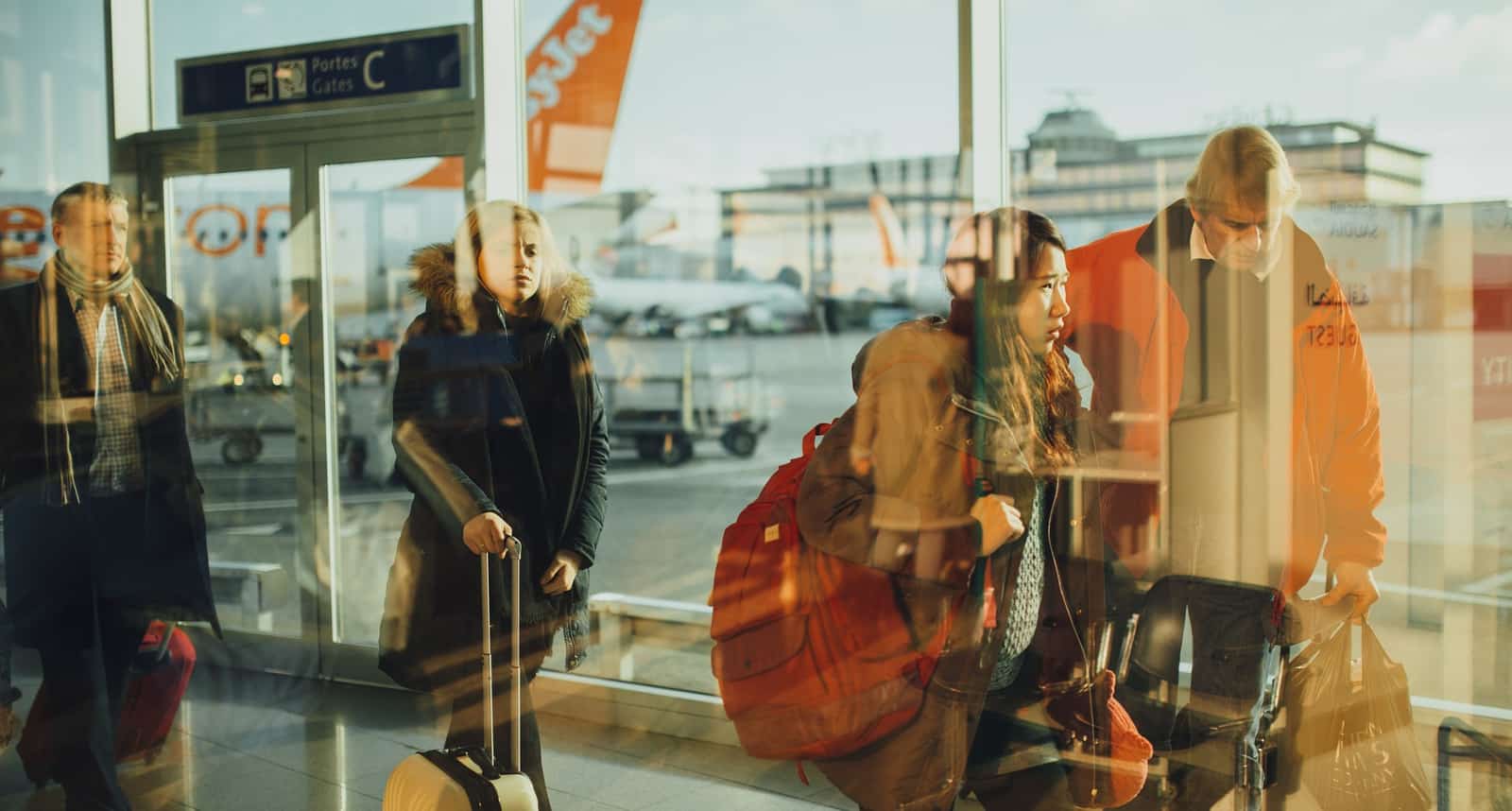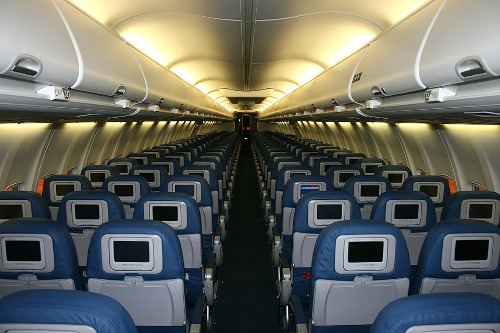GET IN TOUCH
Please contact us for more information. Our email is monitored seven days a week and we will get back to you shortly.

If a passenger suffers an injury as a result of an “accident” on an international flight or itinerary, their claim for damages is governed by the “Convention for the Unification of Certain Rules for International Carriage by Air”, frequently called the “Montreal Convention” for short. Article 17 of the Montreal Convention provides that the carrier is liable for bodily injured suffered by a passenger if the accident which caused the damage took place on board the aircraft, while embarking or disembarking.
A crucial question that must be asked in a claim under the Montreal Convention is whether the injury to a passenger was caused by an “accident” or not. Although not defined by the Montreal Convention, “accident” has been judicially interpreted to mean an unexpected or unusual event or happening that is external to the passenger. Injuries resulting from a passenger’s own internal reaction to the usual, normal, and expected operation of the aircraft are not an “accident” for which compensation can be claimed under the Montreal Convention. The recent case of Salih v. Emirates (No. 2), a decision of the District Court of New South Wales, considered whether an injury to a passenger’s thumb was an “accident” under Article 17.

In Salih, the passenger was flying from Dubai to Sydney. During the flight, the passenger got out of her seat to grab baby formula for her baby from the overhead compartment. The passenger claimed that when she opened the overhead compartment door, it fell heavily on her right thumb and did not open in the usual slow manner. The passenger claimed that this was an “accident” under the Montreal Convention, whilst the defendant carrier argued that was not.
The Court was required to answer whether the passenger’s injury was a result of her own internal reaction to the usual, normal and expected operation of the aircraft (ie. an accident under the Montreal Convention) or a result of an unexpected or unusual event, external to the passenger’s actions. If the injury was not caused by an accident, the claim would fail.
To determine if the injury was caused by an “accident”, the Court had to consider whether the fast falling compartment door was defective. Unfortunately for the passenger, the Court had no evidence before it that the compartment door was defective or intermittently faulty and found that the door opened in the usual fashion. Moreover, the passenger did not report that the door was defective after falling on her thumb, the flight maintenance logs did not list any defects, and her husband who was also on the flight gave evidence that the door worked normally. The Court went on to hold that the thumb was injured by the door dropping in the usual, normal and expected way, and thus the injury was not caused by an “accident” within the meaning of the Montreal Convention but rather “merely the occurrence of an injury itself”. The result was that the passenger’s claim was unsuccessful.
While the decision in Salih v. Emirates (No. 2) is unfortunate for the passenger, the case nonetheless serves as a reminder that claims under the Montreal Convention must be brought as a result of an injury caused by an accident while on board the aircraft, or during embarking or disembarking operations. If it cannot be proved that the injury resulted from the usual, normal and expected operation of the aircraft, the claim will not be an “accident” for the purposes of the Montreal Convention.
If you were injured during a flight or while embarking/disembarking a flight on an international itinerary, contact an experienced personal injury lawyer today. We will ensure that you receive the compensation you’re entitled to.
Have a question about this topic or a different legal topic? Contact us for a free consultation. Reach us via phone at 250-888-0002, or via email at info@leaguelaw.com.